Cedice Libertad: “Venezuela’s electricity sector requires an investment of $21,000 million to optimize the service”
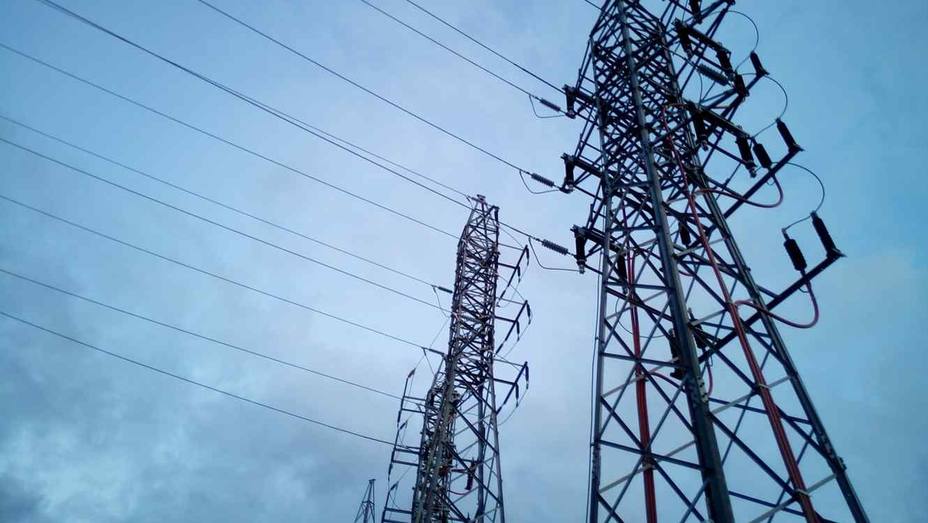
To improve and optimize a basic public service such as electricity In Venezuela, an investment of 21,000 million dollars is required, over a period of 3 to 5 years.
This was determined by the most recent report, from the month of October, by the Basic Services Monitor of the Public Expenditure Observatory (OGP) of Cedice Libertad.
This research is the result of information collected from surveys of 2,300 people deployed throughout the national territory, with the support of volunteer correspondents in 10 locations in the country. In addition, a periodic review of more than 25 digital media is formulated to collect and reconcile information on complaints, alerts and citizen records on the performance of basic services in their locality.
The study was coordinated by economist Raúl Córdoba, from the OGP of Cedice Libertad. The document noted that 72% of the population considered that the electrical system is vulnerable, unstable and deteriorated, therefore, it does not meet the needs of Venezuelans.
The states where there are the most reports of electrical breakdowns are: Mérida, Zulia, Nueva Esparta, Falcón, Barinas, Lara and Trujillo. There are reports of places where there are 14.9 hours on average per day without electricity.
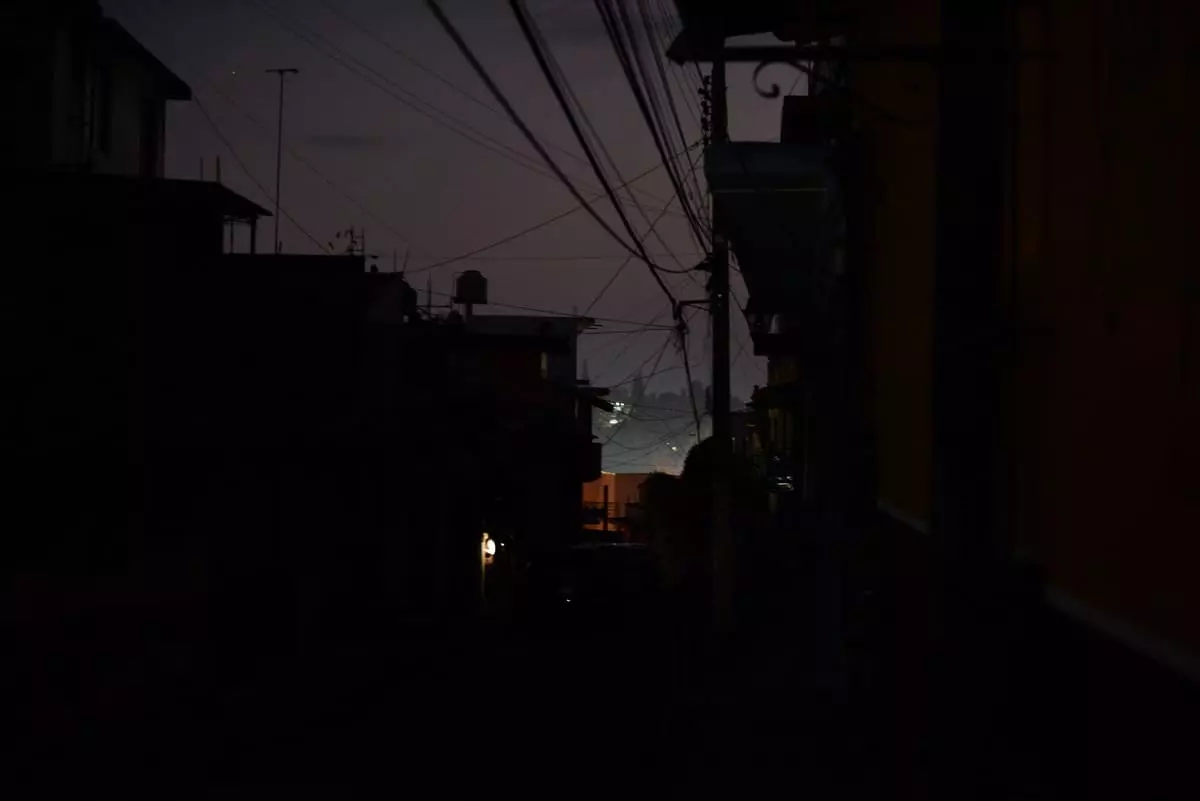
“Between 20 and 30 dollars per month is the average additional payment that Venezuelans make to cover electricity deficiencies. The investment in purchases, maintenance and rental of power plants, as well as supplies and improvised flashlights, is substantial,” the document reveals.
Nueva Esparta Case
For the OGP investigation coordinator, Raúl Córdoba, “the situation on Margarita Island has been extremely difficult due to the electrical crisis caused by the explosion in the Muscar Gas Complex, in the state of Monagas. “This explosion has left the island and other areas of eastern Venezuela without adequate electricity supply, with power outages lasting between 12 and 20 hours a day.”
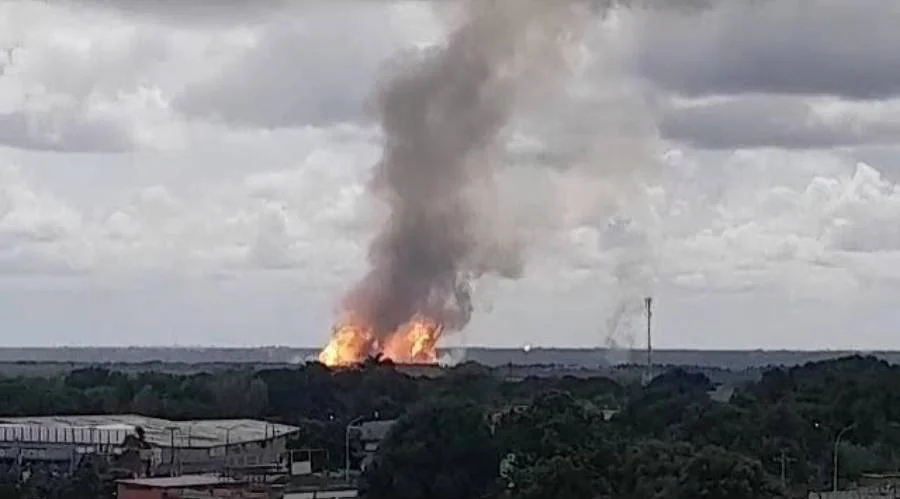
The explosion, which occurred on November 11, has seriously affected the supply of gas necessary for the thermoelectric plants that supply electricity to the region.
“As a result, Margarita, known for being an important tourist destination, has faced prolonged blackouts that have paralyzed commercial activities and affected the daily lives of its inhabitants,” says the economist.
The Venezuelan government has attributed the incident to a terrorist attack and has detained several people in connection with the event. Meanwhile, residents of Margaret Island have had to deal with the loss of perishable food, lack of water and high temperatures without air conditioning.
The dictatorship of Nicolás Maduro accuses @realErikDPrince of the explosion that left limited gas distribution throughout Venezuela. Although this has been recurring throughout his government due to his stupid incompetence. The fear is palpable: https://t.co/59IrZjoyTr pic.twitter.com/92wBZgW2HL
— Emmanuel Rincón (@EmmaRincon) November 18, 2024
The recovery of electrical service has been slow, although some units of the thermoelectric plants have been activated to try to normalize the situation. “However, the crisis has left a significant impact on the local economy and the quality of life of the island’s inhabitants,” says the Cedice report.
Proposals to improve services
Design of a plan for review, maintenance and reconditioning of the existing infrastructure. Short and medium term plan. Estimated investment: 21,000 million dollars.
• Promote the diversification of energy sources in the country.
• Strengthen knowledge – Know-how among the officials who manage the electrical system.
• Reformulate the tariff scheme of the national electricity system.
• Promote radical changes in management and administrative transparency
Water
In relation to water service, the Cedice Basic Services Monitor report reported that 85% of the participants in the survey highlighted that the liquid that reaches their homes is increasingly fetid and dirty than in previous months. They highlighted that stomach diseases have increased as a result of poor water quality.
More than 70% of those interviewed highlighted that in the water that arrives through pipes there are sediments, strange odors and, sometimes, a bad taste.
The entities in the country with the highest incidences in terms of water are: Nueva Esparta, Anzoátegui, Falcón, Aragua and Lara.
Proposals
• Enhance and empower the community organization
• Guide civil organizations in the effective measurement of water quality in communities.
• Develop and deploy a formal institution-citizen interaction channel.
• Address sectoral needs in terms of quality in service provision.
• Articulate the diagnosis of water continuity and availability problems.
Telecommunications
The Basic Services Monitor report establishes that the States with the highest incidences in terms of public telecommunications are: Mérida, Táchira, Bolívar, Nueva Esparta and Zulia.
Regarding the provision of Internet services, “90% claimed to have experienced some breakdown with their internet or landline service, either as a result of electrical failure or lack of maintenance. 55% claim to have had more than 6 months without a solution. “The majority emphasize that they still pay for the service, even if they do not receive it.”
And 80% of respondents reported that they migrated to some private internet solution, where rates range between $20 and $60 per month. They considered that the solution provided by the public company (Cantv) is inefficient, unreliable and late.
Proposals
• Prepare an updated diagnosis that allows privatizing some sections of the service provision process.
• Rethink the catalog of products and services, providing possibilities to expand consumption limits without representing a cumbersome administrative procedure.
• Review of telecommunications regulations, where improvements in terms of delays, availability and growth can be operationalized.
• Design and deploy a user-institution interaction channel that allows questions and complaints to be channeled and formalized.
• Refresh user training programs that provide simple technical knowledge to customers regarding troubleshooting and equipment care.
Domestic gas per cylinder
The entities in the country with the highest incidences of gas per cylinder are: Miranda, Apure, Guárico, Yaracuy and Anzoátegui.
The report from the academic institution indicated that 87% of Venezuelans require gas service by LPG cylinder (Liquefied Petroleum Gas). Filling is carried out under a manual distribution scheme.
11% of the participants in the survey said they used firewood or charcoal stoves for cooking, because gas distribution in their location is inefficient. This metric continues to grow, a few months ago it was at 7%.
“33% of those interviewed have requested the installation of direct gas, but some suppliers have rates that range between USD 100 and USD 200. Additionally, the national company (Pdvsa Gas) assured that coverage records are not updated to expand the services,” said the Cedice Libertad Monitor.
Proposals
• Prepare an updated diagnosis that allows privatizing some sections of the process.
• Promote the formation of civil or community organizations to make current problems in service provision tangible.
• Design a two-way communication channel with managing institutions to channel and formalize complaints.
• Digitize the user experience, which involves the creation and launch of a mobile App that allows you to self-manage requests, complaints and doubts, keep track of the useful life of the cylinder, the amount of remaining gas, among others.
• Design a political plan to introduce self-manageable gas dispensers to the market accompanied by a user training program.
Clap Food Program
In relation to the Clap food program, the Cedice Basic Services Monitor detected that 87% of those surveyed stated that they do not use all the products or inputs that arrive through this government plan “due to their poor quality; The inconsistencies of brands and the little trust they generate for consumption stand out. In response to the situation, the recipients of the subsidy usually exchange the products for others that do respond to their needs.”
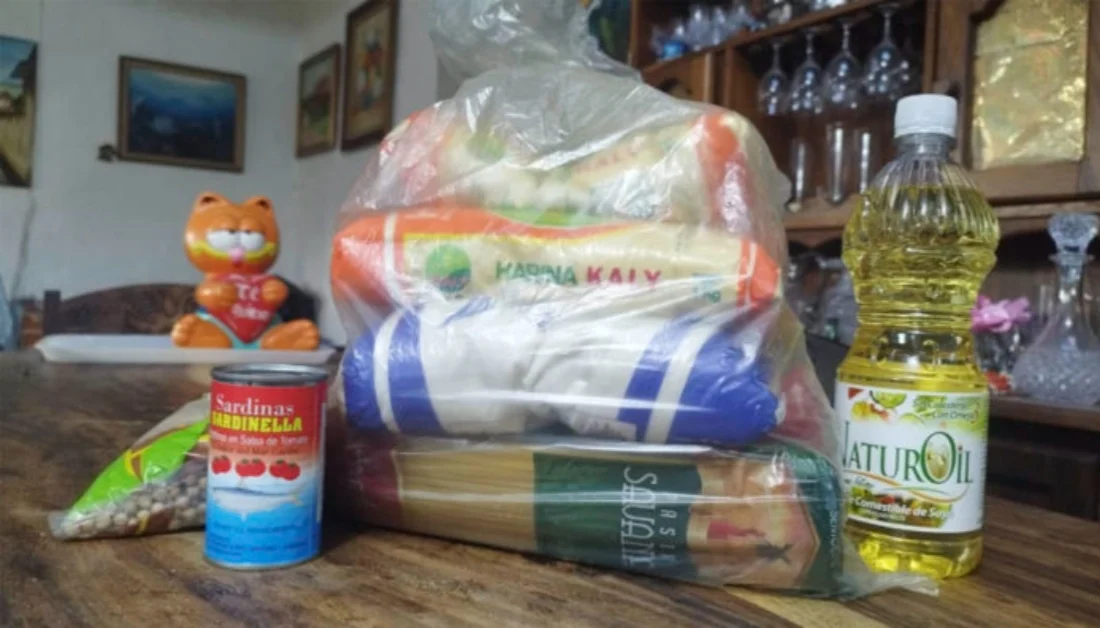
91% of those surveyed would be in favor of eliminating the program and distribution services, considering them to be inefficient. They remain hopeful that they can buy the products they need through their work.
Proposals
Some surveyed users consider that to achieve the objectives of healthy and correct nutrition for the population, the Community Councils must be separated from the work of distributing bags and focused on a rigorous socioeconomic analysis of the sector.
A good part of those surveyed by Cedice pointed out that for a correct elimination of the subsidy, a socioeconomic study of the population must be structured and the inclusion of low-cost products or product packages in high distribution channels so that those who require them take them. freely from the shelves. With this, enhance public-private partnerships.
With information from a press release
Related News
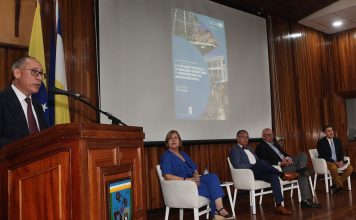
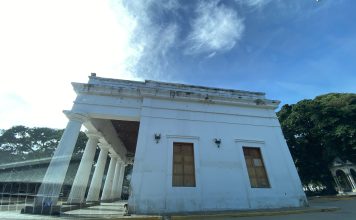
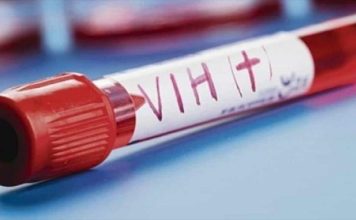

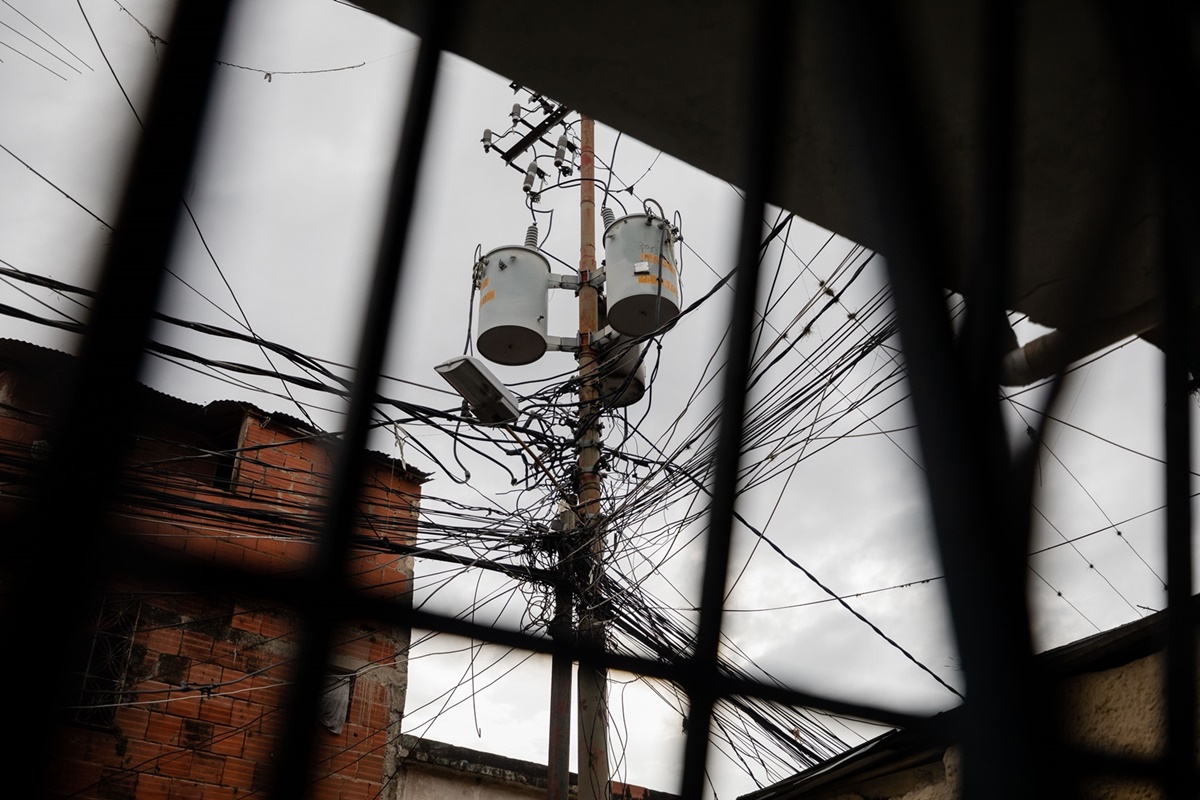
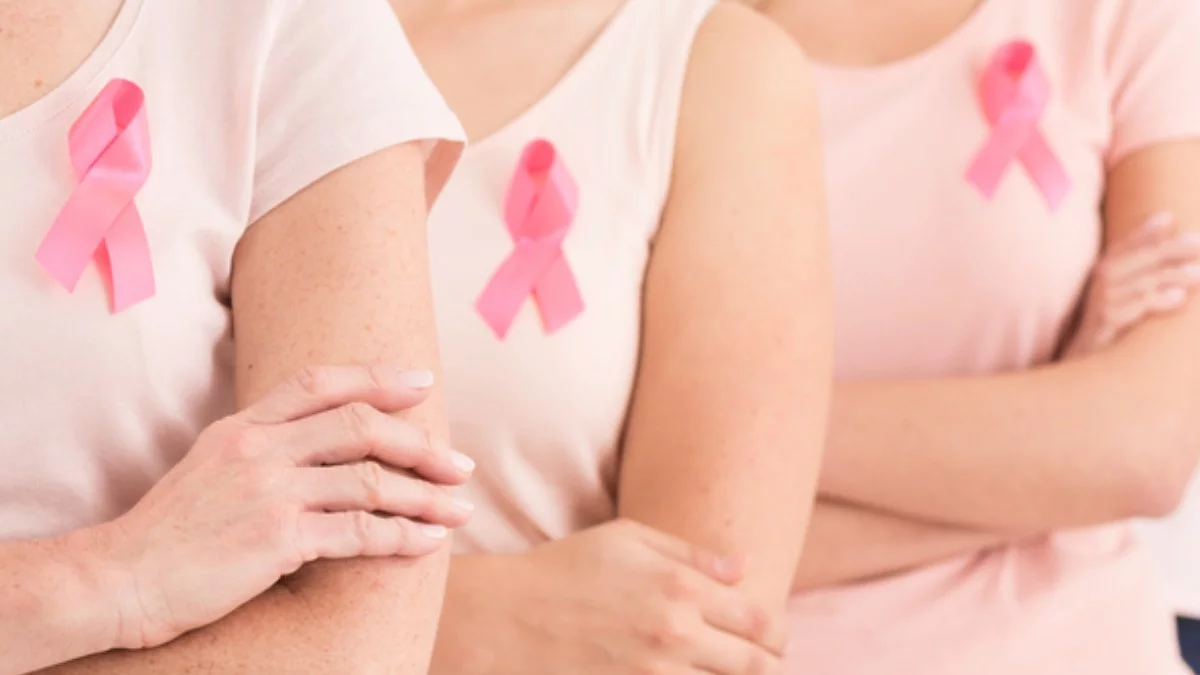
Independent journalism needs the support of its readers to continue and ensure that the uncomfortable news they don’t want you to read remains within your reach. Today, with your support, we will continue working hard for censorship-free journalism!
